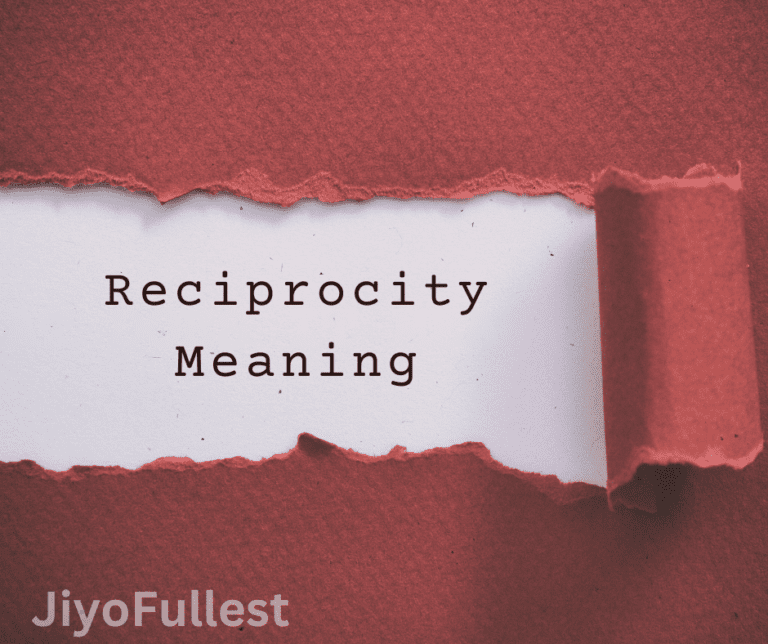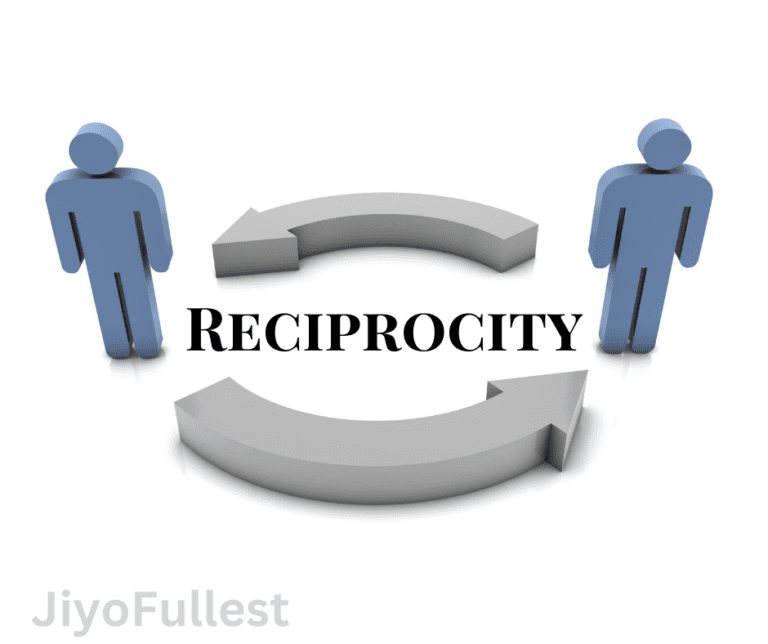The Principle Of Reciprocity: Understanding The Dynamics Of Karma And Its Impact On Life
The Principle of Reciprocity: Understanding the Dynamics of Karma and its Impact on Life
Related Articles: The Principle of Reciprocity: Understanding the Dynamics of Karma and its Impact on Life
Introduction
With great pleasure, we will explore the intriguing topic related to The Principle of Reciprocity: Understanding the Dynamics of Karma and its Impact on Life. Let’s weave interesting information and offer fresh perspectives to the readers.
Table of Content
The Principle of Reciprocity: Understanding the Dynamics of Karma and its Impact on Life

The adage "what goes around comes around" encapsulates a fundamental principle deeply embedded in human consciousness across diverse cultures and belief systems. This principle, often referred to as karma or the law of reciprocity, suggests that actions have consequences, both positive and negative, that inevitably return to the originator. While the concept of karma may evoke religious or spiritual connotations, the underlying principle of reciprocity finds its roots in the natural order of things and the inherent interconnectedness of all beings.
This article delves into the multifaceted nature of reciprocity, exploring its philosophical underpinnings, psychological implications, and practical applications in various aspects of life. It aims to provide a comprehensive understanding of this universal principle, highlighting its significance in fostering ethical behavior, promoting personal growth, and contributing to a harmonious society.
The Philosophical Foundation of Reciprocity
The concept of reciprocity finds its roots in ancient philosophies and religious traditions. In Eastern philosophies, such as Hinduism, Buddhism, and Taoism, karma plays a central role in understanding the cycle of birth, death, and rebirth. Actions, both physical and mental, are believed to create karmic imprints that influence future lives.
In Western philosophy, the principle of reciprocity finds expression in the works of philosophers like Plato and Aristotle. Plato, in his Republic, emphasizes the importance of justice and fairness, arguing that individuals should receive what they deserve based on their actions. Aristotle, in his Nicomachean Ethics, explores the concept of virtue ethics, emphasizing the importance of developing virtuous character traits, which naturally lead to reciprocal actions.
The Psychological Impact of Reciprocity
The principle of reciprocity also has profound psychological implications. Studies have shown that humans are inherently predisposed to reciprocate both positive and negative actions. This tendency is rooted in the fundamental need for social connection and the desire to maintain a sense of fairness and balance in relationships.
The phenomenon of reciprocity is often observed in social interactions. When someone performs a kind act, we are more likely to reciprocate with a kind act of our own. Conversely, when someone treats us poorly, we are more likely to respond in kind. This tendency to reciprocate actions, both positive and negative, underscores the powerful influence of the principle of reciprocity on our social interactions and the dynamics of our relationships.
Reciprocity in Action: Examples from Everyday Life
The principle of reciprocity manifests itself in numerous ways in everyday life. Here are some examples:
- Social Interactions: When someone holds a door open for you, you are likely to thank them or hold the door open for the next person. This simple act of reciprocity reinforces a sense of community and mutual respect.
- Business Transactions: Companies often offer incentives and rewards to customers for their loyalty and patronage. This strategy is based on the principle of reciprocity, encouraging customers to continue doing business with the company.
- Political Systems: The concept of "quid pro quo" in politics is a clear example of reciprocity. Politicians often engage in exchanges of favors, with the expectation of receiving something in return.
- Environmental Sustainability: The concept of environmental sustainability is based on the principle of reciprocity. By taking care of the environment, we are ensuring that future generations can enjoy the same benefits.
The Importance of Reciprocity in Ethical Behavior
The principle of reciprocity serves as a cornerstone of ethical behavior. By understanding the consequences of our actions, we are more likely to act in ways that benefit ourselves and others. This understanding fosters a sense of responsibility and promotes a more harmonious and just society.
Benefits of Embracing Reciprocity
Embracing the principle of reciprocity can bring numerous benefits:
- Improved Relationships: By reciprocating kindness and understanding, we can strengthen our relationships and foster a sense of mutual respect and trust.
- Increased Happiness: Studies have shown that acts of kindness and generosity can lead to increased happiness and well-being.
- Personal Growth: By reflecting on our actions and their consequences, we can learn from our mistakes and grow as individuals.
- A More Just Society: When individuals act with a sense of reciprocity, it contributes to a more just and equitable society where everyone has the opportunity to thrive.
FAQs About Reciprocity
1. What is the difference between karma and reciprocity?
While both karma and reciprocity involve the idea of consequences for actions, karma is a broader concept that encompasses the idea of rebirth and the accumulation of karmic imprints over multiple lifetimes. Reciprocity, on the other hand, focuses on the immediate consequences of actions within a single lifetime.
2. Does reciprocity always involve immediate consequences?
Not necessarily. While some actions may have immediate consequences, others may have delayed or long-term effects. The principle of reciprocity suggests that actions will ultimately have consequences, even if those consequences are not immediately apparent.
3. Can I escape the consequences of my actions?
While it is tempting to believe that we can escape the consequences of our actions, the principle of reciprocity suggests that this is not possible. Our actions have ripple effects that extend beyond our immediate sphere of influence.
4. How can I cultivate a sense of reciprocity in my life?
Cultivating a sense of reciprocity requires mindful awareness of our actions and their potential consequences. We can practice this by:
- Being mindful of our words and deeds: Before we speak or act, we should pause and consider the potential impact of our actions.
- Practicing kindness and compassion: By extending kindness and compassion to others, we are more likely to experience reciprocity in return.
- Taking responsibility for our actions: We should avoid blaming others for our problems and take responsibility for our choices.
Tips for Embracing Reciprocity
- Practice gratitude: Expressing gratitude for the kindness and support we receive from others can foster a sense of reciprocity and strengthen relationships.
- Be mindful of your words and deeds: Consider the potential impact of your actions before you speak or act.
- Focus on positive interactions: Make an effort to engage in positive interactions with others and create a cycle of reciprocity.
- Be forgiving: Holding onto resentment and anger can create negative cycles of reciprocity. Forgiveness can help break these cycles and promote healing.
Conclusion
The principle of reciprocity, whether understood as karma, the law of reciprocity, or simply the natural order of things, offers a powerful lens through which to view the world. By embracing this principle, we can cultivate a more ethical and compassionate way of being, contributing to a more harmonious and just society for all.
The understanding of reciprocity encourages us to consider the impact of our actions on others and ourselves, fostering a sense of responsibility and promoting personal growth. By embracing this principle, we can create a ripple effect of positive change, transforming not only our own lives but also the lives of those around us.








Closure
Thus, we hope this article has provided valuable insights into The Principle of Reciprocity: Understanding the Dynamics of Karma and its Impact on Life. We hope you find this article informative and beneficial. See you in our next article!